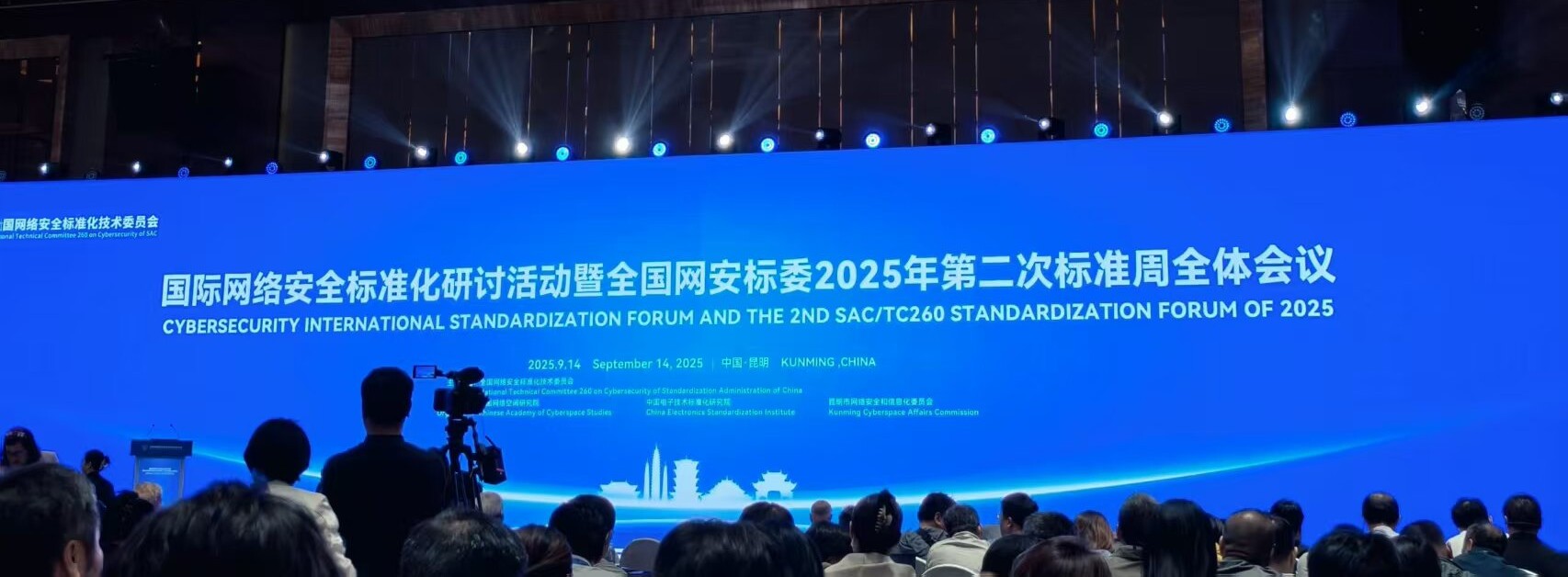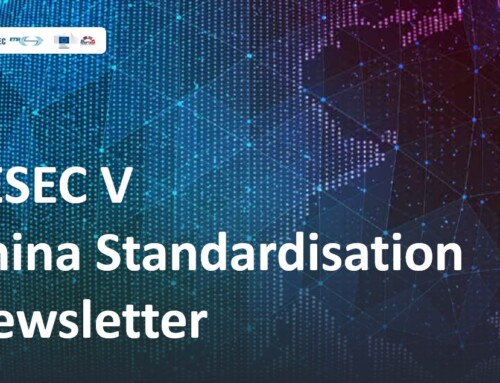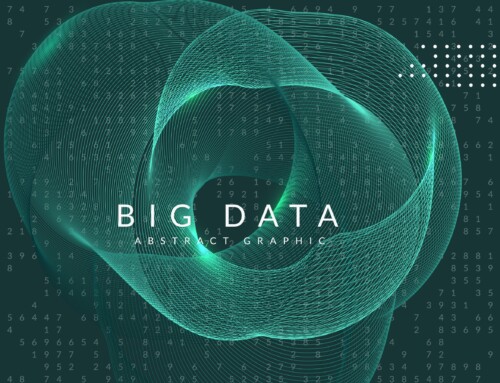From September 14 to 18, 2025, the second Standardization week 2025 of the National Technical Committee 260 on Cybersecurity of Standardization Administration of China (SAC/TC260) was convened in Kunming, Yunnan Province. The event comprised a plenary meeting, seven working group sessions, and a symposium on cybersecurity standards and industrial promotion. Organized by TC260 and co-hosted by the China Academy of Cyberspace Studies, China Electronics Standardization Institute (CESI), and the Kunming Cyberspace Affairs Commission, it was attended by over 30 international registered experts from ISO/IEC JTC 1/SC 27 and SC 44, representing countries including Germany, the United States, the United Kingdom, and France, alongside more than 900 Chinese participants from TC260 committees, working groups, member organizations, and enterprises.
Plenary Session
On September 14, Cybersecurity International Standardization Forum and the 2nd SAC/TC260 Standardization Forum of 2025 (namely the plenary session) was held, featuring addresses by Sun Weimin, Chief Engineer of the Cyberspace Administration of China (CAC), and Fu Wen, Level-I Inspector of the Standards Innovation Management Department of the State Administration for Market Regulation (SAMR). In their addresses, officials outlined priorities for cybersecurity standardization. Sun Weimin emphasized leveraging standards to promote development, manage security, strengthen governance, and foster international cooperation for shared digital dividends. Fu Wen underscored the field’s significance, calling for enhanced top-level design, breakthroughs in key standards, and greater international collaboration to advance its high-quality development. In addition, the plenary session included keynote presentations from TC260 Secretary-General Yang Xudong, ISO/IEC JTC 1/SC 27 Chairman Andreas Wolf, and ISO/IEC JTC 1/SC 44 Chairman Jan Schallaböck. Topics covered China’s cybersecurity standardization practices, the status and future trends of SC 27, and privacy design and consumer protection. Panel discussions were also held on artificial intelligence security, data security, and privacy protection.
Working Group Sessions
The working group meetings focused on discussing cybersecurity national standards requirements for 2026, advancing ongoing standards development and revision projects, and refining the standard architecture across various technical domains. The seven working group includes:
- WG3: Cryptography Technology Standards Working Group
- WG4: Authentication and Authorization Standards Working Group
- WG5: Cybersecurity Assessment Standards Working Group
- WG6: Communications Security Standards Working Group
- WG7: Network Security Management Standards Working Group
- WG8: Data Security Standards Working Group
- SWG-ETS: Emerging Technology Security Standards Special Working Group
Industry Symposium
The symposium on cybersecurity standards and industrial promotion centered on key and topical areas, including generative artificial intelligence security, data security assessment, and personal information protection compliance auditing. It also involved interpreting national standards and sharing industrial standardization practices to facilitate closer interaction between standards and the technology sector.
In summary, this gathering served as a pivotal platform to synchronize China’s domestic cybersecurity standardization agenda with global stakeholders. The outcomes are anticipated to directly shape the 2026 national standards work plan, influencing future technical and compliance requirements in the market.
Chinese source of the article: https://mp.weixin.qq.com/s/hj8tW42csj2Abj_EV8C8Lw





